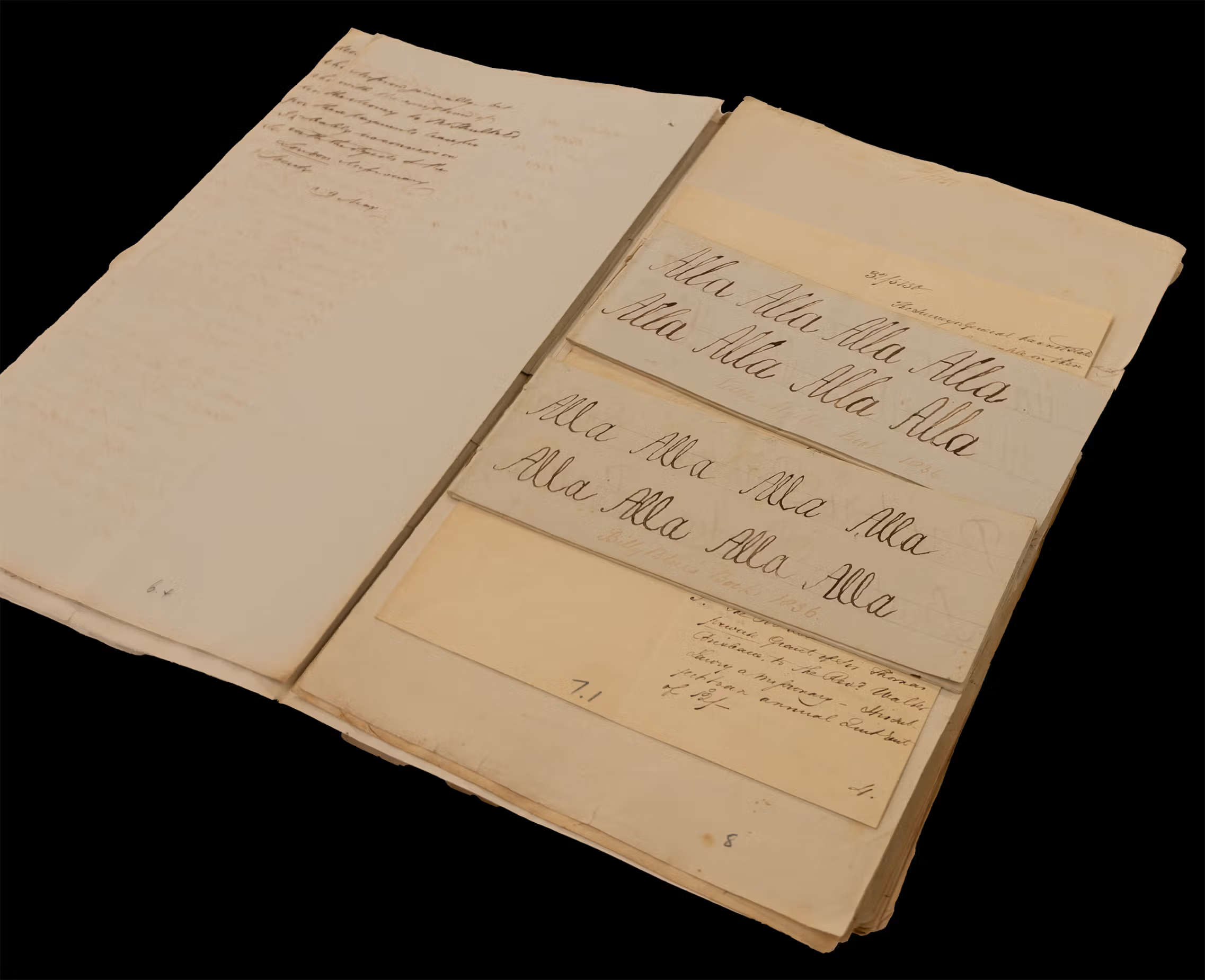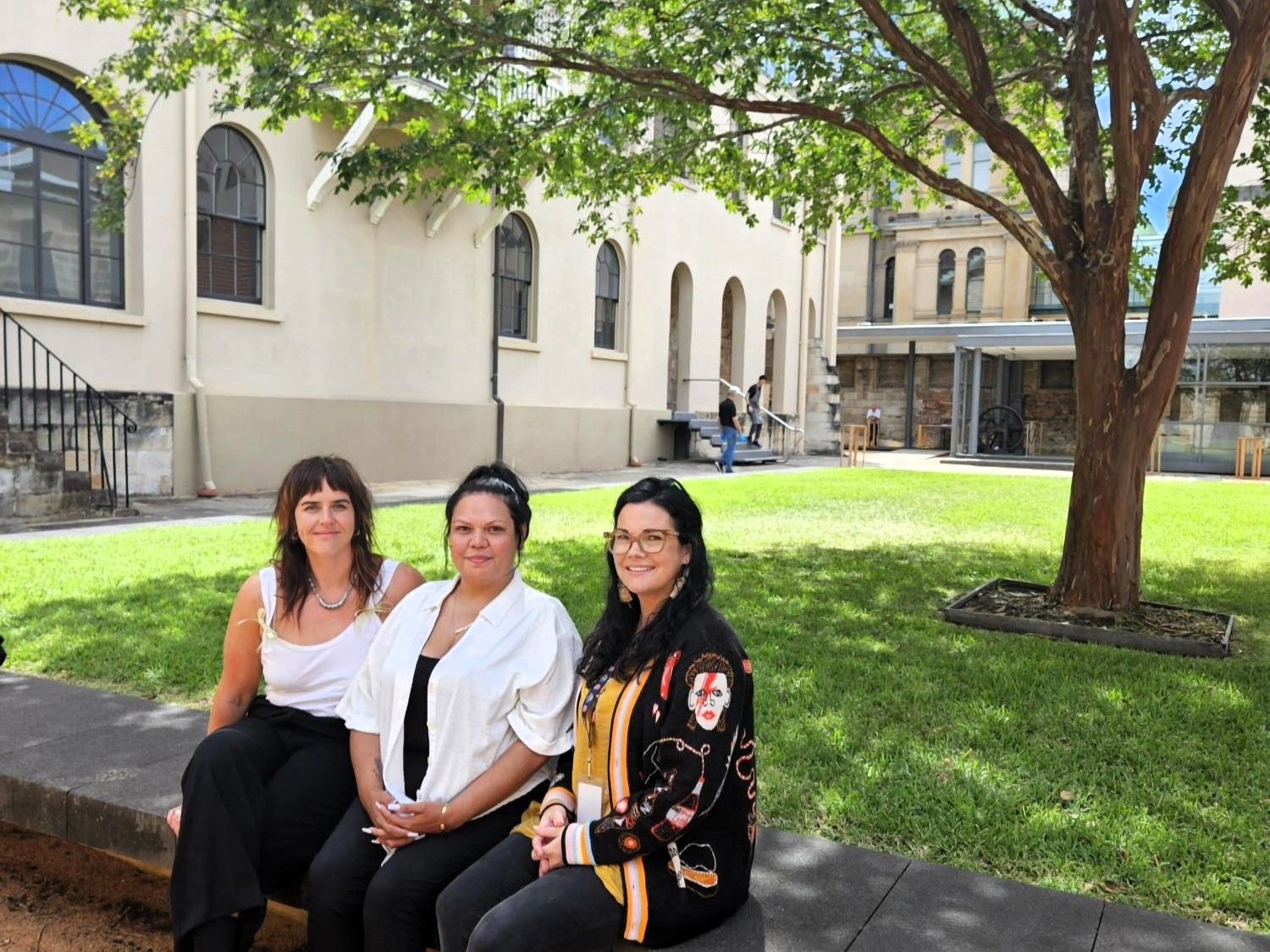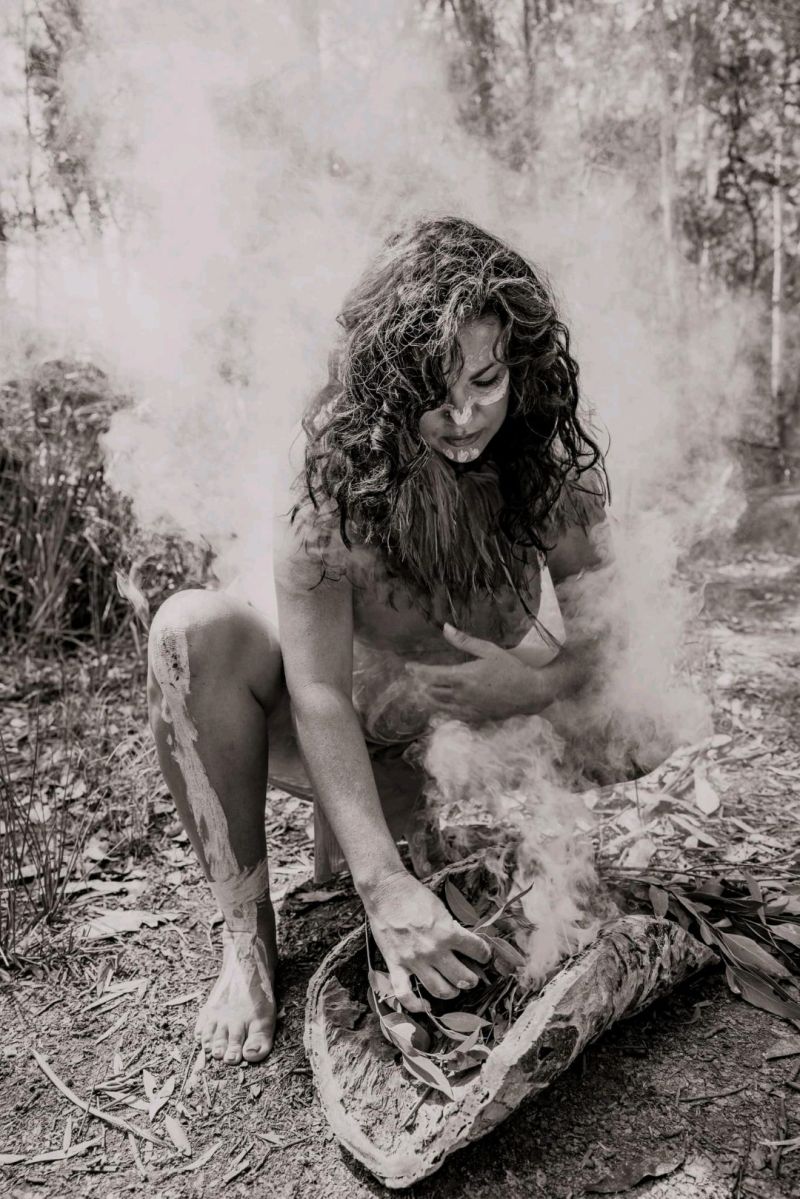First Nations Community Access to Archives
About the project
The First Nations Community Access to Archives project is a partnership between Museums of History NSW and the Aboriginal Languages Trust NSW. The aim of the project is to improve access for First Nations people to important archival material about culture, kinship, stories and languages within the State Archives Collection.
The search and discovery phase of the project involves searching the State Archives Collection for materials relating to First Nations peoples and their languages. This initiative involves employing a team of First Nations peoples who will be provided with on-the-job training to search for records that capture stories, descriptions of traditional ways of being, imagery, videos, or spoken and written words of Aboriginal Communities within NSW.
The State Archives Collection
The State Archives Collection includes unique material that documents and provides evidence of the impact of colonial policies and attitudes on First Nations peoples and Country from the onset of colonisation. The collection offers early colonial accounts of First Nations peoples that will be revealed and reclaimed to strengthen connection to Country, culture and languages. This project aims to bring to light records that may be of value to First Nations communities within NSW. The collection features information about historical events including Frontier Wars, child removal, land dispossession and legislation, as well as laws and policies affecting First Nations Communities in NSW.
Join our language community stakeholders list
The project aims to ensure that accessing and preserving these historical records is done in a way that is culturally informed and prioritises First Nations voices and storytelling. This will involve connecting with Aboriginal Communities, Aboriginal language practitioners, Elders and knowledge holders and being guided by Community to ensure that these materials are cared for and accessed with cultural care principles at the forefront.
Use this form to join our language community stakeholders list. It will help us to improve access to archival materials in the NSW State Archives Collection for members of Aboriginal language communities in NSW and individuals connected to Aboriginal language communities in NSW. Your input will help us to better understand your needs and ensure that our archival resources align with your research, personal or community goals.
Limitations of this map
This map is based on the AIATSIS map of Indigenous Australia, which was produced for a general reading audience. The map is not definitive and is not the only information available which maps language and social groups. See also AUSTLANG.
The information on which the map is based is contested and may not be agreed to by some traditional custodians. The borders between groups are purposefully represented as slightly blurred. They do not claim to be exact.
The Project
Meet our First Nations Community Access to Archives team
Related
The First Nations Community Access to Archives team acknowledges that we operate on Aboriginal peoples’ lands and it always was and always will be Aboriginal land. We acknowledge First Nations peoples as keepers of languages and cultures that enrich our connection to Country. As the oldest knowledge holders and first record keepers, storytellers, conservators and archivists of cultural heritage connected to the lands we live and work on today, we extend this respect to all First Nations peoples as well as Elders past and present.
Online talk

First Nations Community Access to Archives
Join the First Nations Community Access to Archives project team in deep listening to learn about the journey of storytelling, truth-telling and language revitalisation
News

Latest News
Languages alive 2024
In the second annual NSW Aboriginal Languages Week, held on 20–27 October, we celebrate the determination and courage of First Nations peoples to maintain and revitalise languages

Latest News
Sorry Day
On 26 May each year Australia acknowledges Sorry Day. The first Sorry Day was held in 1998 to mark the one-year anniversary of the tabling of the Bringing them Home report in the Australian Parliament

Latest News
Welcome new members of the First Nations Community Access to Archives team
The First Nations Community Access to Archives team welcomes three First Nations staff to the Collections space

Latest News
Improving First Nations community access to archives
We acknowledge the incredible work local communities are doing to reclaim and revitalise Indigenous languages across NSW
